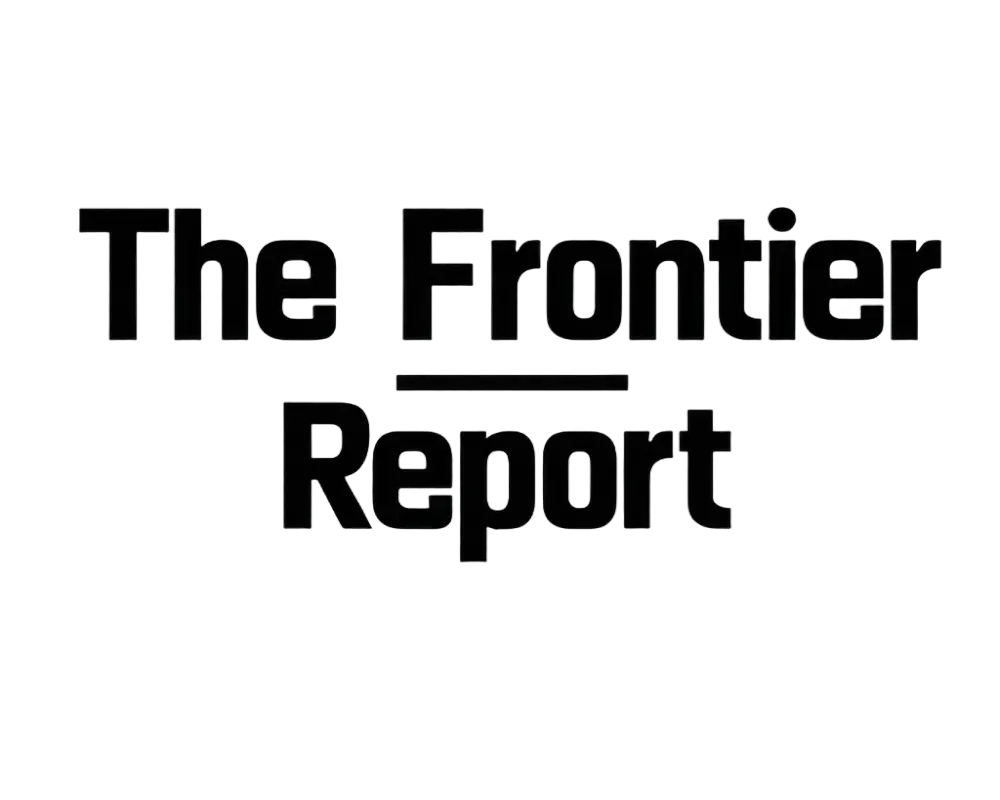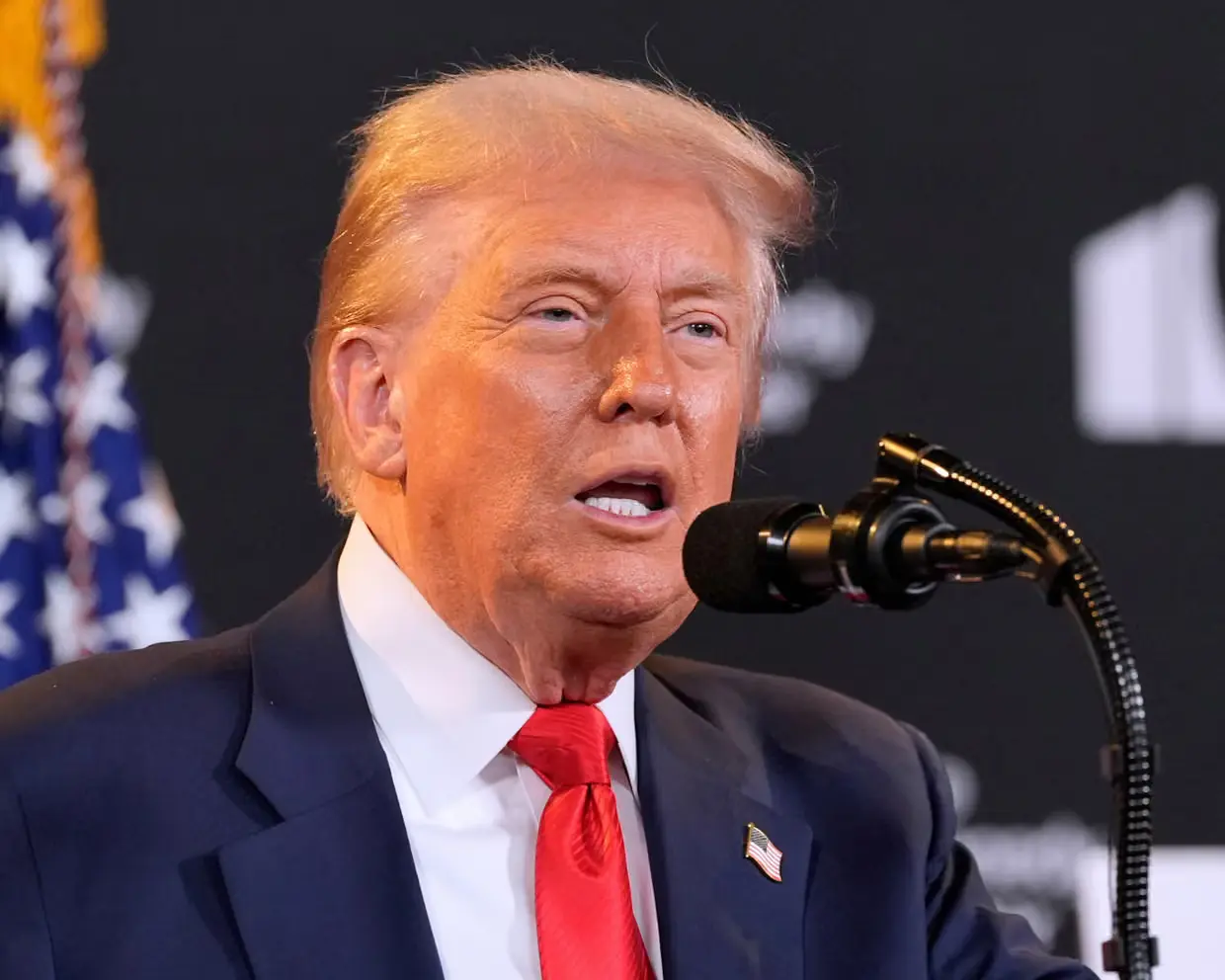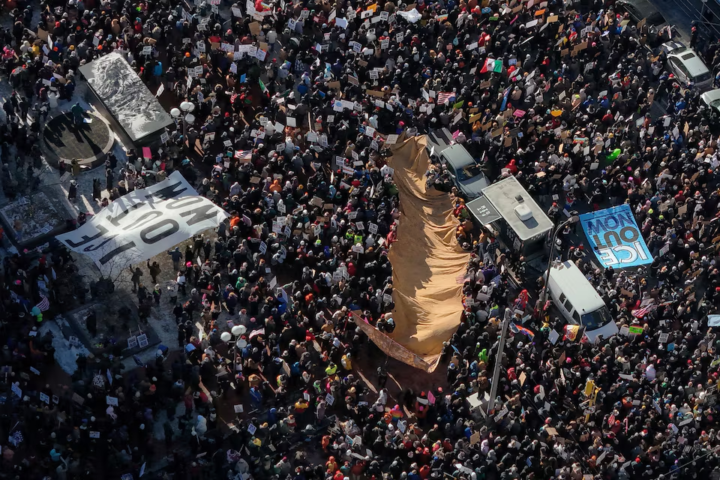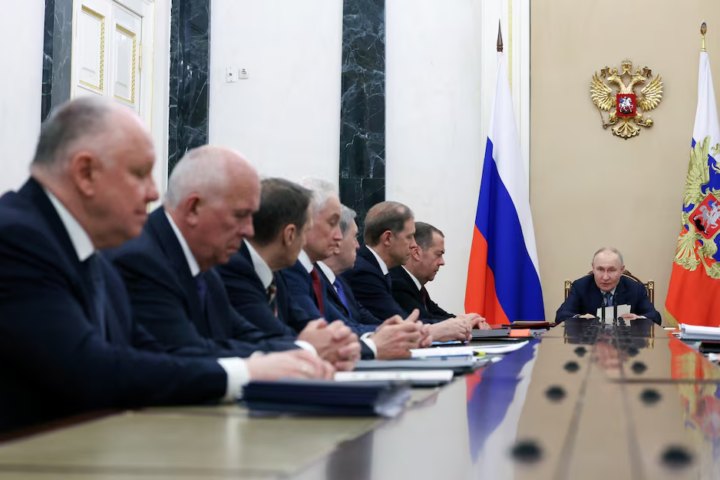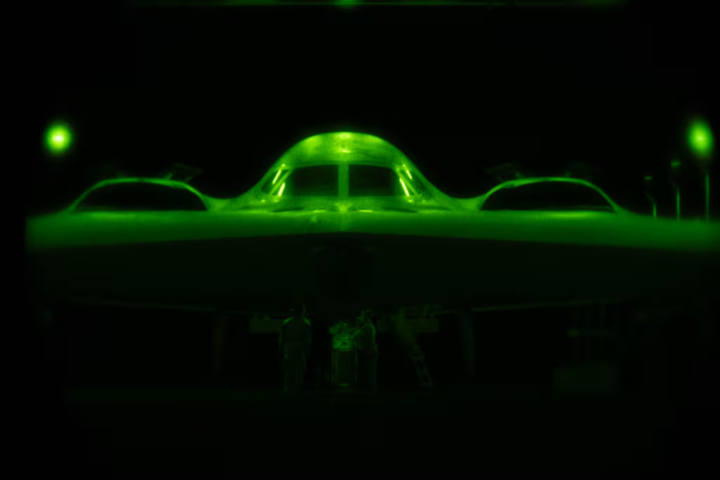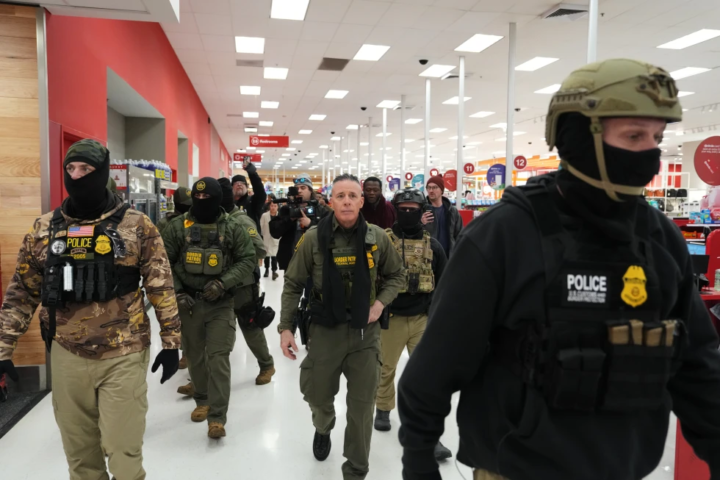Hours before Donald Trump meets Vladimir Putin in Alaska, European leaders and Ukrainian President Volodymyr Zelenskyy held urgent talks to make sure Ukraine isn’t left out of any possible peace deal. Speaking from Berlin, where the leaders gathered for a virtual call, they sent a clear message: no agreement without Kyiv, and Ukraine’s borders are not up for negotiation.
Setting the Ground Rules
On the call were German Chancellor Friedrich Merz, French President Emmanuel Macron, UK Prime Minister Keir Starmer, Italian Prime Minister Giorgia Meloni, Polish Prime Minister Donald Tusk, Finnish Prime Minister Alexander Stubb, European Commission President Ursula von der Leyen, European Council President António Costa, NATO Secretary-General Mark Rutte, and U.S. Vice-President JD Vance.
Zelenskyy repeated his stance that a ceasefire cannot come with territorial concessions to Russia. The group’s aim was to get on the same page before Trump’s Friday meeting with Putin. According to people in the room, the call was united and to the point. Trump even called it a “10,” saying Washington, Brussels, and Kyiv were aligned.
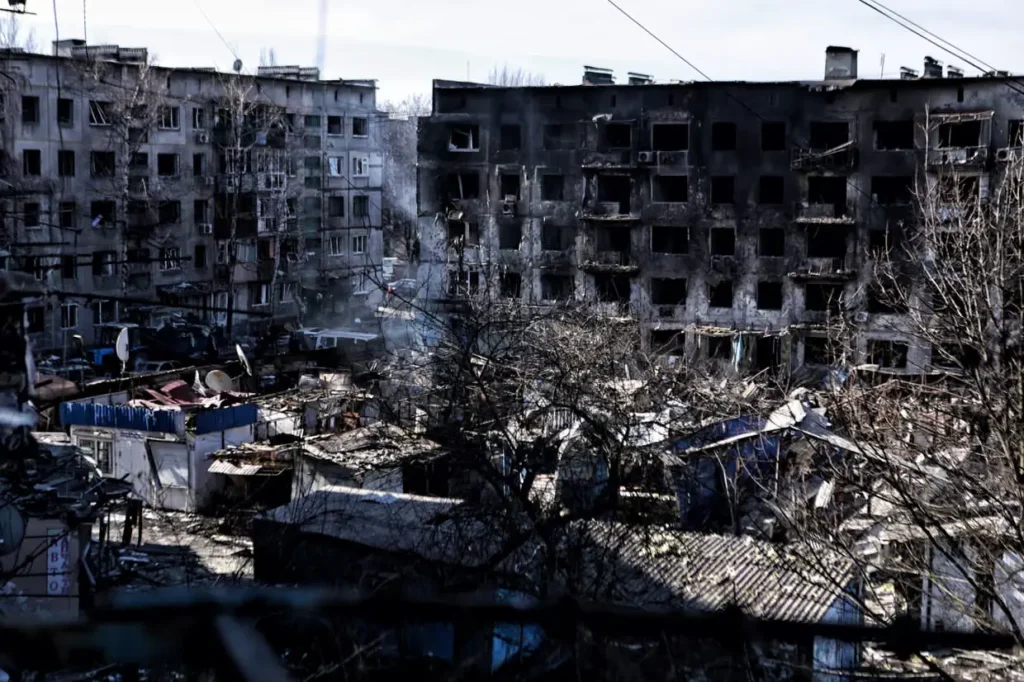
Trump’s Warning to Moscow
Trump told the group his top goal in Alaska is a ceasefire. If Moscow refuses, he promised “very severe consequences.” He didn’t say what those would be, but European diplomats said everyone on the call backed the warning.
Merz stressed that “borders must not be changed by force.” Macron, who has sometimes pushed for dialogue with Moscow, said Trump had committed to a ceasefire that still protects Ukraine’s sovereignty.
Ukraine’s Place in the Talks
Zelenskyy has been clear — no side deals between Washington and Moscow. Trump floated the idea of a second meeting next week if Alaska makes progress, this time with Putin and Zelenskyy both present. Zelenskyy welcomed the idea but said Ukraine must be part of any talks about its future. His message has been the same since day one: “Nothing about Ukraine without Ukraine.”
Putin and Kim Jong-un
While the West coordinated, Putin was busy with his own allies. Russian media said he briefed North Korean leader Kim Jong-un on the Alaska summit and thanked him for sending more than 10,000 troops to Ukraine. That move shows the war is now tied into a bigger network of alliances, making Western diplomacy more complicated.
Risks and Doubts
Not everyone believes the Alaska talks will deliver. Some European officials think Putin could use them to stall while he regroups militarily. Others question how far the U.S. will go to enforce Trump’s promised “severe consequences.” Still, today’s show of unity sends Moscow a clear warning that the West is holding the line.
NATO’s Stake
NATO Secretary-General Mark Rutte’s role in the meeting was no formality. The alliance has provided most of Ukraine’s military aid, and its credibility is tied to the outcome. Rutte said NATO would stand with Kyiv no matter what comes out of Alaska.
Domestic Pressures in Europe
For leaders like Macron, Merz, and Starmer, the stakes are also political. Many voters are tired of the war’s economic costs. Public opinion in some countries favors talks, but not if it means giving up Ukrainian territory. The Berlin meeting let leaders balance those pressures — open to peace, firm on principles.
What Alaska Could Bring
People familiar with the summit say three issues are on the table:
- Ceasefire terms — whether Russia will stop fighting without demands.
- Security guarantees — how Ukraine could be protected during a ceasefire.
- Next steps — the format and timing of further talks, possibly with Ukraine involved.
If there’s progress, a trilateral summit could happen within days. If not, the U.S. and EU may push new sanctions or other penalties.
A Tightrope Walk
The Berlin talks weren’t just a warm-up. They were about shaping the fight over diplomacy before Trump and Putin even meet. A united front could limit Putin’s options and block any deal that weakens Ukraine.
But the risk is real. A ceasefire could bring badly needed relief, or it could freeze the conflict in Russia’s favor. Either way, the unity shown today will be tested by whatever happens in Alaska — and the impact will reach far beyond the summit table.

